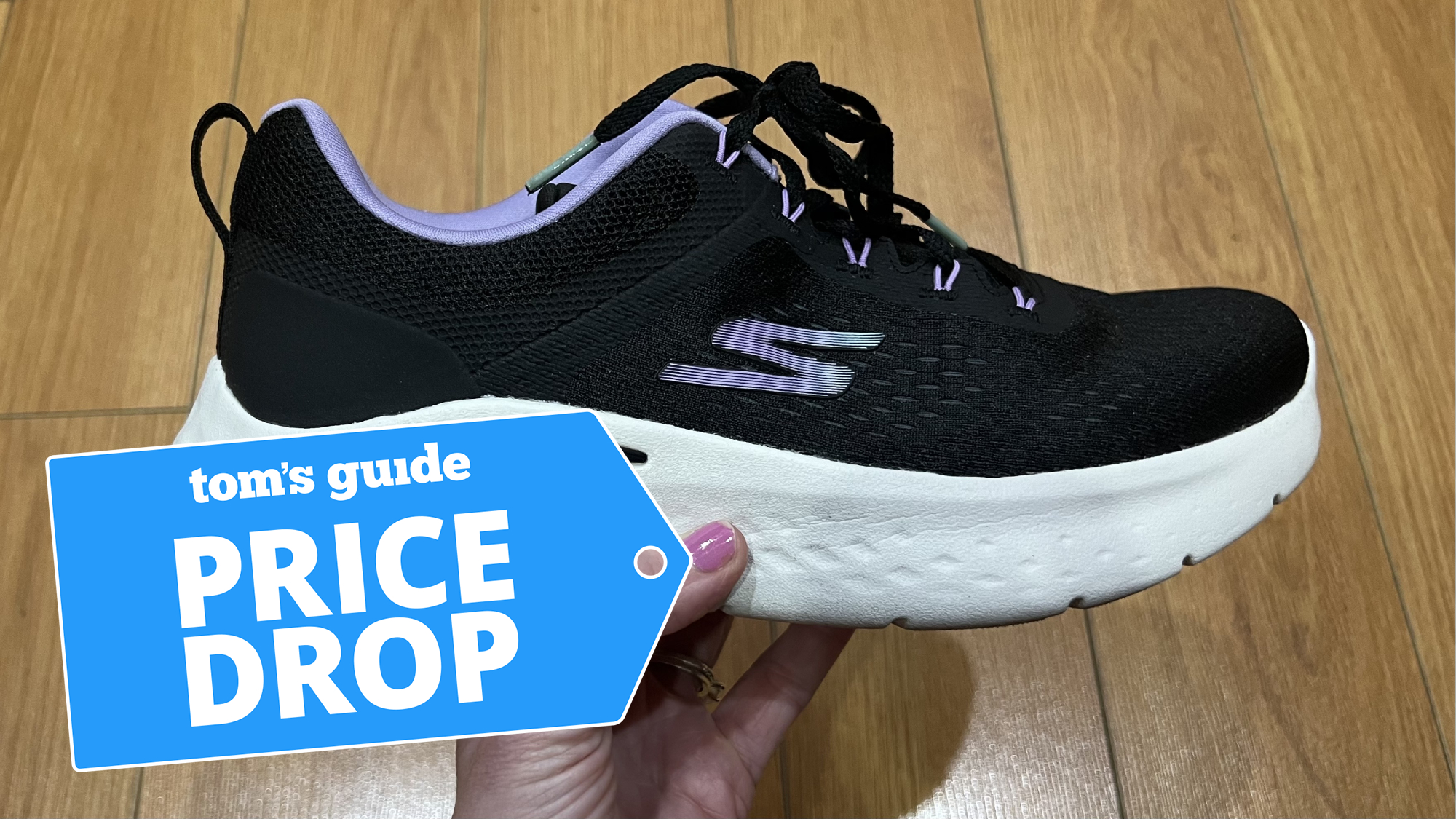Microsoft Edge is getting a free VPN — but there’s a catch
Microsoft Edge will allow private browsing via a free VPN, but there’s a data limit

Microsoft Edge introduced "double click to close browser tabs" some time ago. It now seems Google Chrome may get this handy feature.
(Image credit: Shutterstock)Microsoft is adding a free virtual private network (VPN) to its Edge browser, according to a new official support page spotted by The Verge.
As per Microsoft, Edge Secure Network offers all the usual benefits you’d expect from a VPN, encrypting your connection, masking your location and preventing online tracking.
“Microsoft Edge helps keep you safe online,” the company writes. “However, the networks you join may not be adequately secure. Microsoft Edge Secure Network can help you protect your device and sensitive data as you browse.”
Given Edge is baked into every Windows 10 and 11 installation (something people have been deeply critical of in the past), this could be a big deal. People who have never felt the need to try a VPN before may give Edge Secure Network a spin just because it’s there, if Microsoft decides to actively promote it.
The service isn’t available yet, but the support page indicates it will be rolling out to Edge Insiders first. But it’s unlikely to take a place on our list of the best free VPN services for two reasons which weaken its credentials.
Firstly, there are limits on usage. Microsoft will only let you use Edge Secure Network for up to 1GB of traffic per month. This will no doubt be fine for light users, but if you travel a lot, you’ll find that that cap is reached very quickly indeed.
Second, and more importantly, while some consider a VPN a must for online privacy, Edge Secure Network requires that you log in with your Microsoft account in order to use it. While the company claims that “all bandwidth data that is required” is “automatically deleted at the end of the required service period,” that will still raise some eyebrows.
Sign up to get the BEST of Tom's Guide direct to your inbox.
Get instant access to breaking news, the hottest reviews, great deals and helpful tips.
The service is actually provided by Cloudflare and Microsoft says the company is “committed to privacy,” only collecting “a limited amount of diagnostic and support data.” This data, it says, is permanently deleted every 25 hours.
These two drawbacks may be enough to put some people off, but then they’re probably not the ones that the new service is aimed at. If you require masses of encrypted data or want more anonymity, you probably need a paid solution, and should consult our list of the best VPNs for a run down of the top-rated options.
Freelance contributor Alan has been writing about tech for over a decade, covering phones, drones and everything in between. Previously Deputy Editor of tech site Alphr, his words are found all over the web and in the occasional magazine too. When not weighing up the pros and cons of the latest smartwatch, you'll probably find him tackling his ever-growing games backlog. Or, more likely, playing Spelunky for the millionth time.

